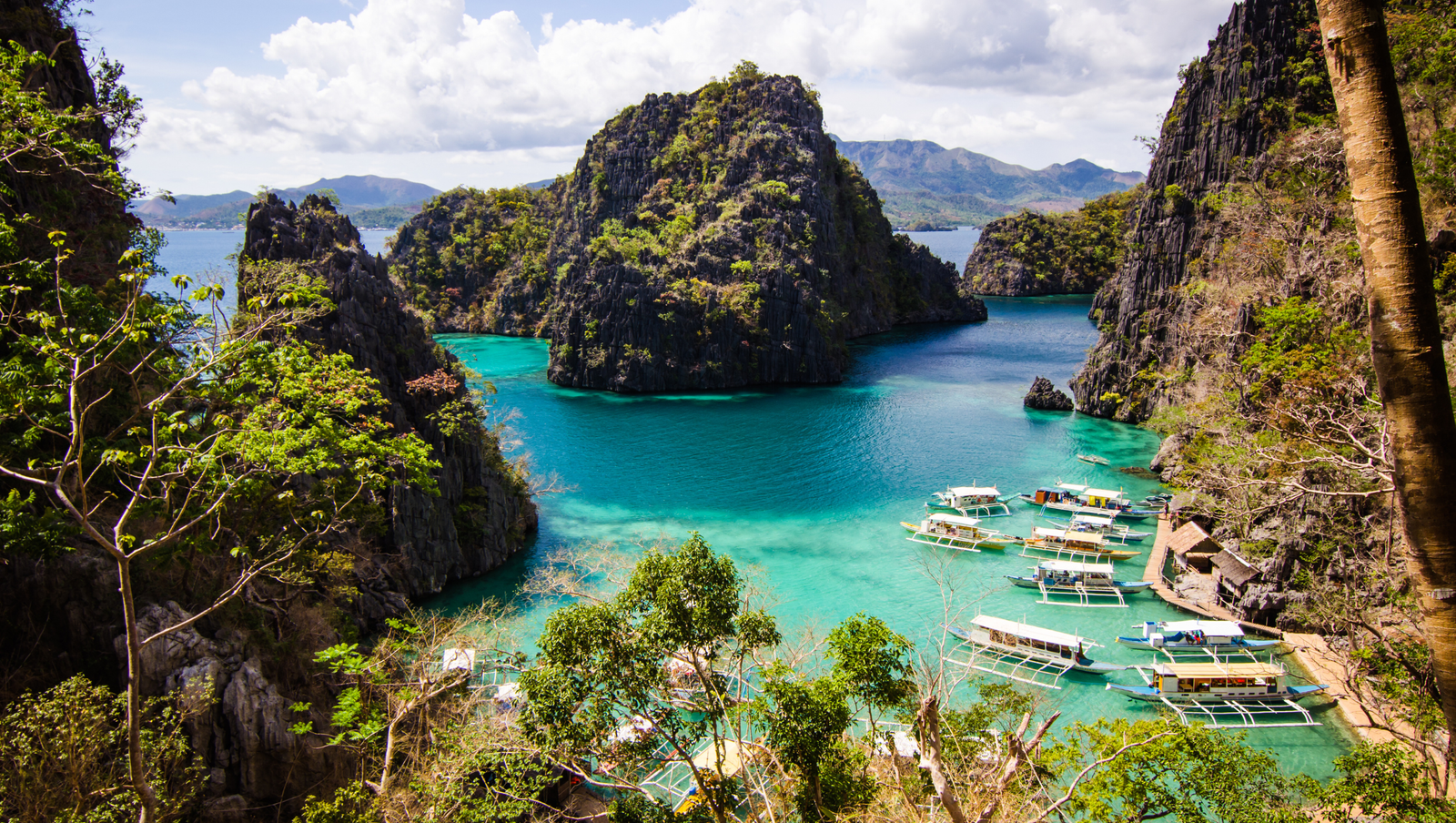The Philippines is a popular destination for foreign nationals looking to travel, live, and invest. According to the data of the Department of Tourism (DOT), over 4.8 million international visitors arrived in the country during the first ten (10) months of 2024. Additionally, there are various ways for foreign nationals to secure permanent residency in the Philippines.
How to Become a Permanent Resident in the Philippines?
Foreign nationals may be qualified for permanent residency in the Philippines if they possess any of the following types of visas:
- Spouse Visa (13A) is eligible to foreign nationals who are legally married with Filipino citizens or to former Filipino citizens who have obtained citizenship in another country. The foreign spouse must have a valid visa and their marriage must be duly registered with the Philippine Statistics Authority (PSA). However, if the foreign spouse has been convicted of any crimes, they could be disqualified in obtaining this visa and even entering the country. Additionally, their child/children under twenty-one (21) years old are also eligible for this visa.
- Non-Quota Immigrant (13G) is offered to foreign nationals who have been legally married with a Filipino citizen. This marriage must be recognized by Philippine law. To apply for this visa, the Filipino spouse must be the petitioner. Their child/children who are under twenty-one (21) years old can acquire this visa. Additionally, natural-born Filipinos who return to the country after acquiring a different citizenship are eligible to apply for this type of visa.
- Special Resident Retiree’s Visa (SRRV) is offered to foreign nationals and former Filipino citizens who are at least forty (40) years old and wish to spend their retirement in the country. This type of visa gives a lot of benefits to its holder, such as permanent residency, multi-entry privileges, and tax exemption. To obtain this visa, you must have a clean criminal record, proof of financial capability, and meet the required visa deposit, depending on which type of SRRV you are applying for.
- Special Investor’s Resident Visa (SIRV) is issued by the Bureau of Immigration (BI) upon endorsement of the Board of Investments. Foreign nationals who invest in a Philippine corporation or business are eligible to apply for this type of visa. The SIRV entitles its holder to live in the country indefinitely and a multiple entry privilege, provided that they are maintaining the investment requirements, which is at least US $75,000 or approximately PHP4,405,000.00.
- APECO Special Permanent Residency Visa (ASRV) is authorized directly by the Philippine government within the Aurora Pacific Economic Zone and Free Port Authority (APECO) Economic Zone. It allows its holders to reside in the country permanently. It also grants its holders an access to various financial services, such as bank accounts, credit cards, life insurance, securities, and loans.
What are the Benefits of Permanent Residency in the Philippines as a Foreigner?
The Philippines is known for its warm climate, beautiful surroundings and hospitable local citizens. It offers several benefits for foreign nationals who wish to live in the country permanently:
1.) Low Cost of Living
The cost of living in the Philippines is considered to be more affordable than in Western countries and other Asian countries, which makes it possible to have a comfortable lifestyle even on a budget.

2.) Investment Opportunities
The Philippines is an ideal country for investors due to its sustained growth and development. According to the International Monetary Fund (IMF), the country is projected to reach a robust economic growth rate of 6.2% in 2025, which is expected to increase public and private investment, as well as rising external demand for Filipino exports.

3.) Tourist Spots
With its tropical weather, the Philippines is ideal for individuals who prefer a warmer climate. It has a wide range of beaches, mountains, and other natural attractions that are perfect for nature lovers.

4.) Diverse Culture
Due to colonization, Philippine culture has been influenced by Spanish, American and Asian traditions. English is widely spoken in the country, making it easy for the foreign nationals to communicate with the locals. Various cuisines are also available in the restaurants in the country, which could help you ease your homesickness and try out different dishes from other countries.

5.) Property Ownership
Foreign nationals are allowed to purchase a condo unit. However, according to Republic Act No. 4726, their ownership must not exceed 40%, which means the remaining 60% must be owned by the Filipino citizens. Additionally, they can also own a property in the country if they are married to a Filipino citizen. However, the land title must be in the Filipino spouse’s name, while they are listed as a co-owner. They can also own a property through establishing in a domestic corporation with at least 60% Filipino ownership.

How Long Can a Foreigner Become a Filipino Citizen?
In accordance with Commonwealth Act No. 473, foreign nationals who have resided in the Philippines for a continuous period of at least ten (10) years are eligible to become a Filipino citizen through the process of naturalization. However, this is not automatically given as it should be applied with the given qualifications, which are as follows:
- Must be at least twenty-one (21) years old at the time of filing the petition;
- Must have a good moral character and believes in the principles underlying the Philippine Constitution, and must have conducted himself in a proper and irreproachable manner during the entire period of his residence in the Philippines in his relation with the constituted government as well as with community in which he is living;
- Must own a real estate property in the Philippines that is worth not less than PHP5,000.00, or must have some known lucrative trade, profession, or lawful occupation;
- Must be able to speak and write English or Spanish and any one of the principal Philippine languages; and
- Must have enrolled his minor child/children in any of the public or private schools recognized by the Office of Private Education of the Philippines, where Philippine history, government and civics are taught or prescribed as part of the school curriculum, during the entire period of the residence in the Philippines required of him prior to the hearing of his petition for naturalization as Philippine citizen.
Need further information and assistance regarding Permanent Residency in the Philippines? Talk to our team at Duran & Duran-Schulze Law in Bonifacio Global City, Taguig, Philippines to know more about the requirements and process. Call us today at (+632) 8478 5826 or +63 917 194 0482, or send an email to info@duranschulze.com for more information.







